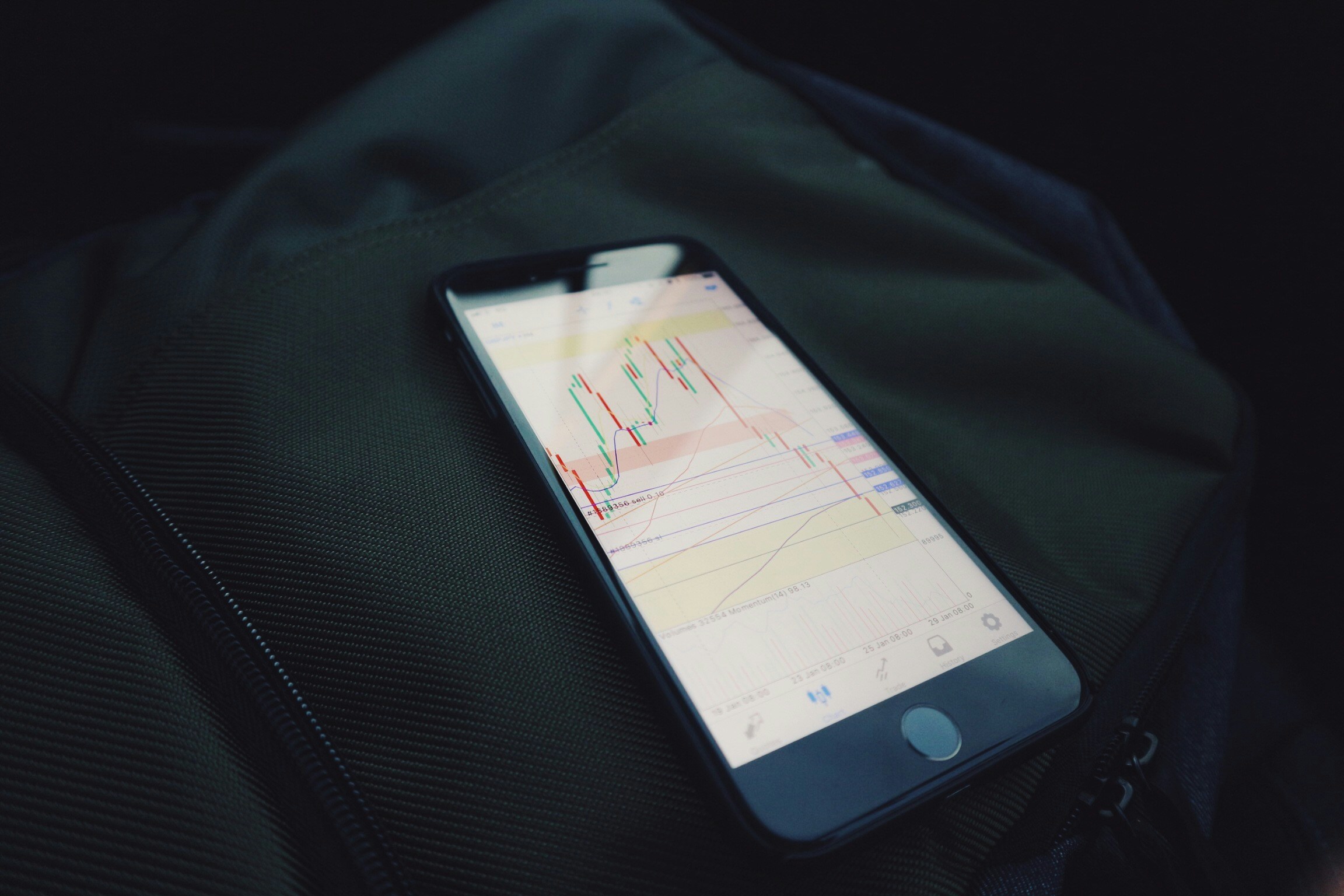Dipping your toes into the financial marketplace has never been more accessible to novice investors. The truth is, a down or volatile market is the best entry point for experienced traders, and it serves the same for those looking to break into stock picking as well. Traders have known this for many years, but a novice investor might not yet understand the trending moves that guide the market back and forth across a trading hour, day, or month.
But you can take it from Mark Wiseman, a career investment professional who most recently stood at the helm of Blackrock as its Global Head of Active Equities and as the Chief Executive of Canada Pension Plan Investment Board (CPPIB). Wiseman is now tasked with helping to guide the Canadian government’s economic recovery plan as it continues to battle the coronavirus pandemic. Here is some of his best advice for novice investors.
Keys to Success
Wiseman emphasizes two primary assets that successful investors wield to full effect: Intimate understanding of risk tolerance and capital liquidity to facilitate portfolio rebalancing. Whether you’re day trading Bitcoin or dialing in a risky short order on the next big thing in tech, these two keys to success are ever-present in the daily life of both professional day traders and personal investors saving for the long haul.
Wiseman suggests these two keys and he is joined by virtually all other serious investors. This is because risk tolerance, calculation, and liquidity are essential to measuring and adjusting for market volatility in both the short and long term and in capitalizing on fast-breaking commodities in order to take quick profits on daily price movements. Obviously, the technical analysis skills required to take full advantage of market swings come with time, but the investment advice provided by Wiseman is as simple as it sounds.
Calculating and Managing Risk

Starting with risk tolerance is probably the best way to understand what you’re trying to take from the market—apart from profits, of course. Risk tolerance is a measure of your growth versus spending needs balanced against one another. Older investors, for example, might be looking to park their savings in a low-risk index fund in order to continue to promote growth without the expansive volatility that comes alongside a startup or sales-driven company. Less volatility equals less potential for profit; however, it also marginalizes the potential for bankruptcies, major price cliffs, and other events that drive down the value of the shares held.
On the flip side, beginner investors are likely to hold the highest tolerance for risk. After the stimulus checks went out, sources say that many younger people took their money and pumped it straight into new and existing Robinhood accounts in order to play the market. Younger investors have decades to increase their holdings, while retirees are trying to use these funds to maintain their lifestyle. The threshold to withstand short term market depressions is far greater for those who have another 40 years to go before they hit retirement. However, every investor is different: You must decide for yourself how to enter each trade.
Liquidity for Faster and Smarter Trading

The other key Wiseman speaks about is liquidity. This is a little easier to grasp. Simply put, by keeping some of your investment portfolio liquid—in cash—you have the ability to buy directly into dips without selling off current holdings to free up the capital. This is important for tax purposes with regards to long positions, but it’s also essential for optimal portfolio growth because selling to buy means that you only have access to funds tied up in already positive-trending stocks. By selling high-performing commodities in order to buy into potentially high-value growth, you’re left with underperforming assets and question marks. Keeping some assets liquid is the smart money play.
Take it from Wiseman—he’s been in the business for decades and knows where the traps for beginners lie. Shortening the learning curve will advance you toward the successful trader you see yourself becoming without the pain of many losses in the short term.








